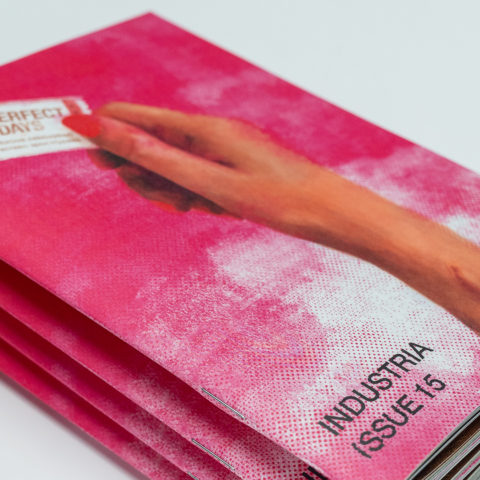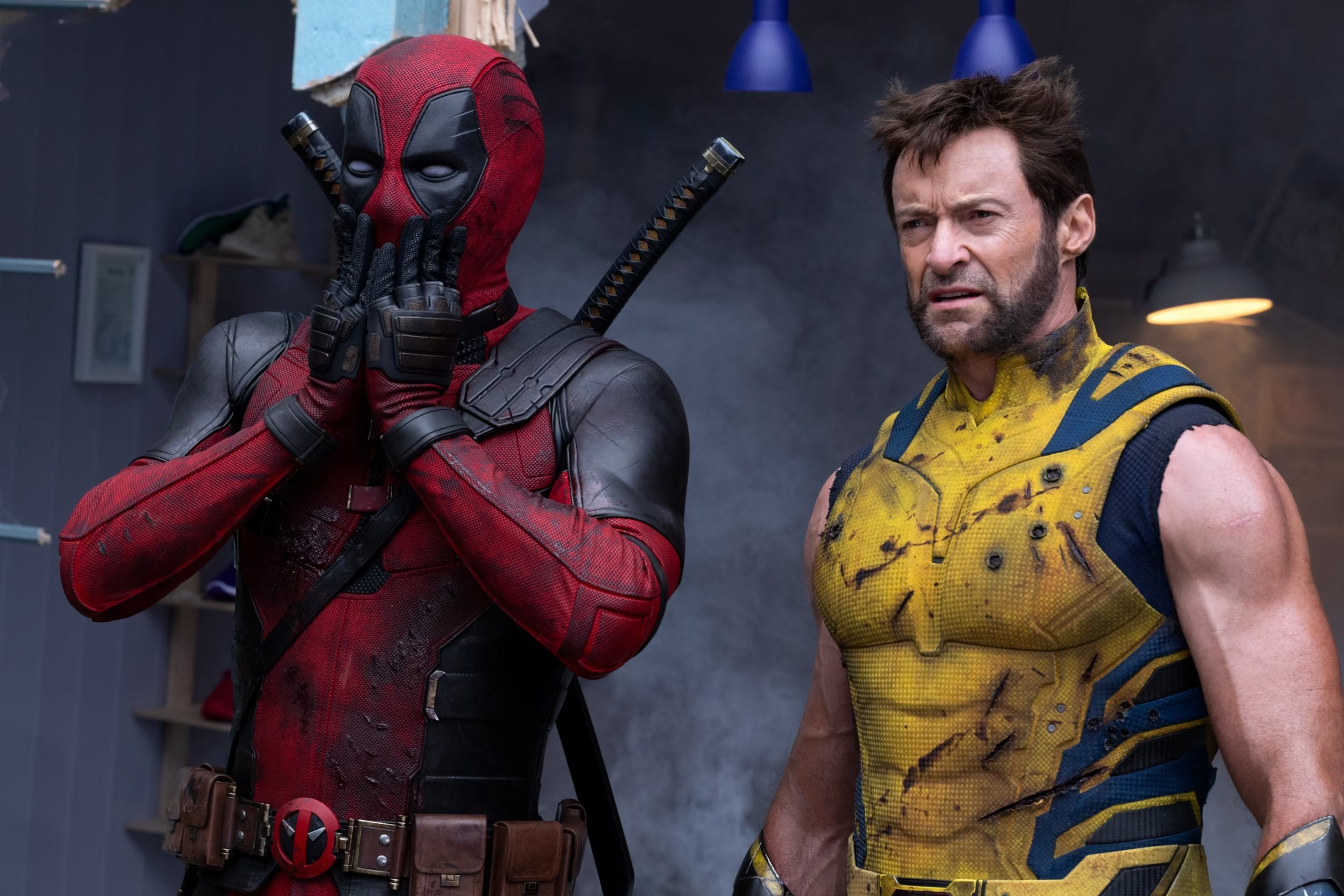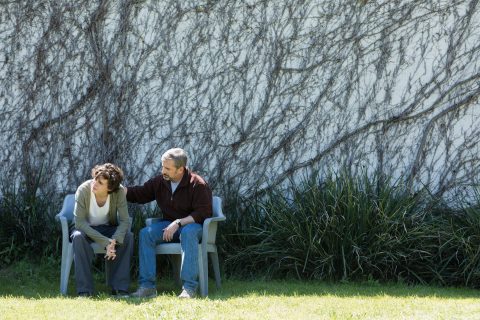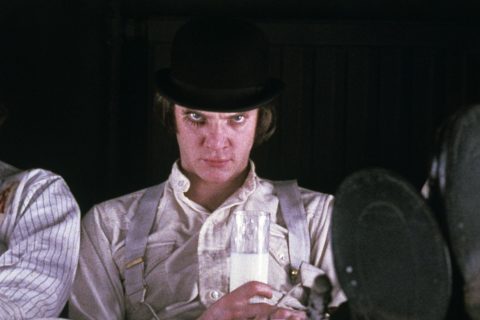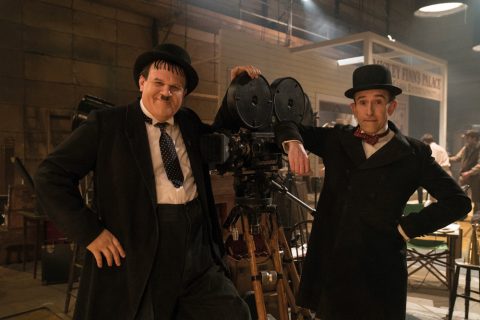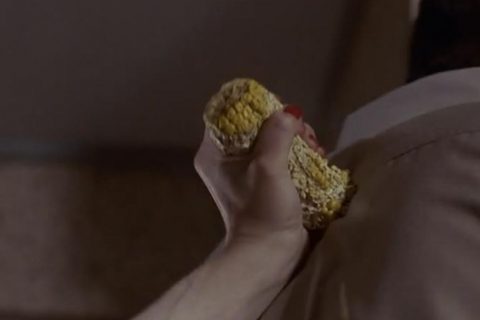Classic Scene: Gattaca
“There’s no gene for fate.”
Ethan Hawke celebrates his 50th birthday today, and to mark the occasion we’ll have a look back at one of his best, and most underrated, performances: Gattaca. Andrew Niccol’s 1997 dystopian sci-fi flick paints a grim future where nearly all children are conceived through eugenics in order to create ‘perfect’ humans, and employers regularly screen for defects in their workers. Hawke plays Vincent Freeman (subtle…), a man who dreams of one day going to space, but as an in-valid (a man born outside of the eugenic program) he will never be able to realise this goal until Jude Law’s Eugene Morrow (a former star swimmer, now paralysed) offers him a unique opportunity – to pose as him, using his DNA. The film plays with the idea of destiny, and explores the ramifications posed by tinkering with DNA in order to create ‘perfection’ and what that really means. The thought provoking film released to great reviews, but was a box office disappointment.
Did you know…
1) The title of the film is based on the four nucleobases of DNA: guanine(G), adenine (A), thymine (T), and cytosine (C) . Originally titled The Eighth Day it had to be re-named after Belgian film Le huitième jour had its US release in 1996. Another nod towards human genetic code is the spiral staircase in Eugene Morrow’s house, which is deliberately constructed to look like a DNA helix.
2) The film prompted a lot of discussion on the ethics of eugenics and the altering of genes, with the film being held up as an example of perceived negative effects. Molecular biologist Lee M. Silver reviewed the film in the Nature Genetics Journal, where he called for all geneticists to watch the film, “for no other reason than to understand the perception of our trade held by so many of the public-at-large”.
3) Andrew Niccol would return to the world of genetic engineering with his 2011 film In Time, headed by Justin Timberlake. The director referred to the film as a “bastard child of Gattaca”, focusing this time on turning off the aging gene.



